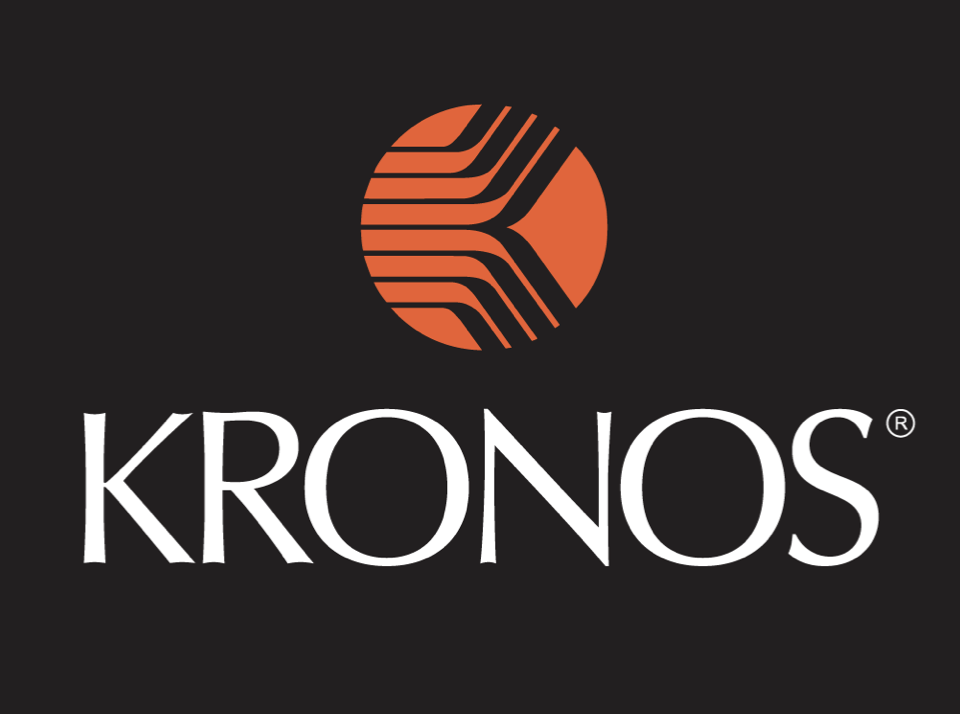Description
Introduction
Ethical leadership is the cornerstone of trust, accountability, and long-term success. In a world of complex choices and constant scrutiny, leaders must not only do the right thing—but lead others in doing it too. Ethical Leadership: Principles and Practice explores the mindset, principles, and behaviors that define ethical leadership and guides leaders in cultivating a values-driven culture.
Prerequisites
-
Basic understanding of leadership roles and responsibilities
-
Experience managing people or projects
-
Interest in ethical frameworks, corporate responsibility, or governance
-
Openness to reflection and ethical decision-making
Table of Contents
1. Foundations of Ethical Leadership
1.1 What Is Ethical Leadership?
1.2 Core Characteristics of Ethical Leaders
1.3 The Role of Ethics in Leadership Effectiveness
1.4 Ethics vs. Compliance: Key Differences
2. Ethical Decision-Making Frameworks
2.1 Utilitarianism, Deontology, and Virtue Ethics
2.2 Applying Ethical Frameworks to Real-World Dilemmas
2.3 Balancing Competing Values
2.4 The Ethics Checklist for Leaders
3. Leading with Integrity and Transparency
3.1 Building Trust Through Consistency
3.2 Owning Mistakes and Correcting Course
3.3 Communicating Transparently in High-Stakes Situations
3.4 Role Modeling Ethical Behavior
4. Ethics in Organizational Culture
4.1 Shaping a Culture of Accountability
4.2 Encouraging Ethical Conduct at All Levels
4.3 Recognizing and Rewarding Integrity
4.4 Preventing a Culture of Silence or Fear
5. Handling Ethical Dilemmas and Gray Areas
5.1 Spotting Subtle Ethical Risks
5.2 Managing Conflicts of Interest
5.3 Whistleblowing and Speaking Up
5.4 Navigating Ethical Issues in Remote or Global Teams
6. Legal, Regulatory, and Social Responsibility
6.1 Aligning with Laws and Governance Standards
6.2 ESG (Environmental, Social, Governance) and Ethics
6.3 Ethics in Risk Management and Crisis Leadership
6.4 Ethical Leadership in Public and Private Sectors
7. Diversity, Equity, and Ethical Inclusion
7.1 Making Fair, Unbiased Decisions
7.2 Creating Inclusive, Respectful Workplaces
7.3 Ethical Leadership in Diverse Teams
7.4 Ethical Challenges in Cross-Cultural Leadership
8. Developing Ethical Leadership Capabilities
8.1 Self-Assessment and Reflection Tools
8.2 Coaching and Mentoring for Ethics
8.3 Setting Personal and Team Ethics Goals
8.4 Creating a Personal Code of Ethics
9. Influencing Ethically in Practice
9.1 Leading Upward, Downward, and Across Ethically
9.2 Ethical Negotiation and Influence
9.3 Dealing with Pressure to Compromise Ethics
9.4 Building Ethical Coalitions and Alliances
10. Sustaining Ethical Leadership Over Time
10.1 Avoiding Ethical Fatigue and Burnout
10.2 Creating Ethical Leadership Development Programs
10.3 Measuring Ethical Impact in Leadership Performance
10.4 Leaving an Ethical Legacy
Ethical leadership is not a one-time act—it’s a lifelong commitment to principle, courage, and integrity. By embedding ethics into everyday actions and decisions, leaders build cultures of trust, drive sustainable success, and inspire others to do what’s right—even when it’s hard.







Reviews
There are no reviews yet.